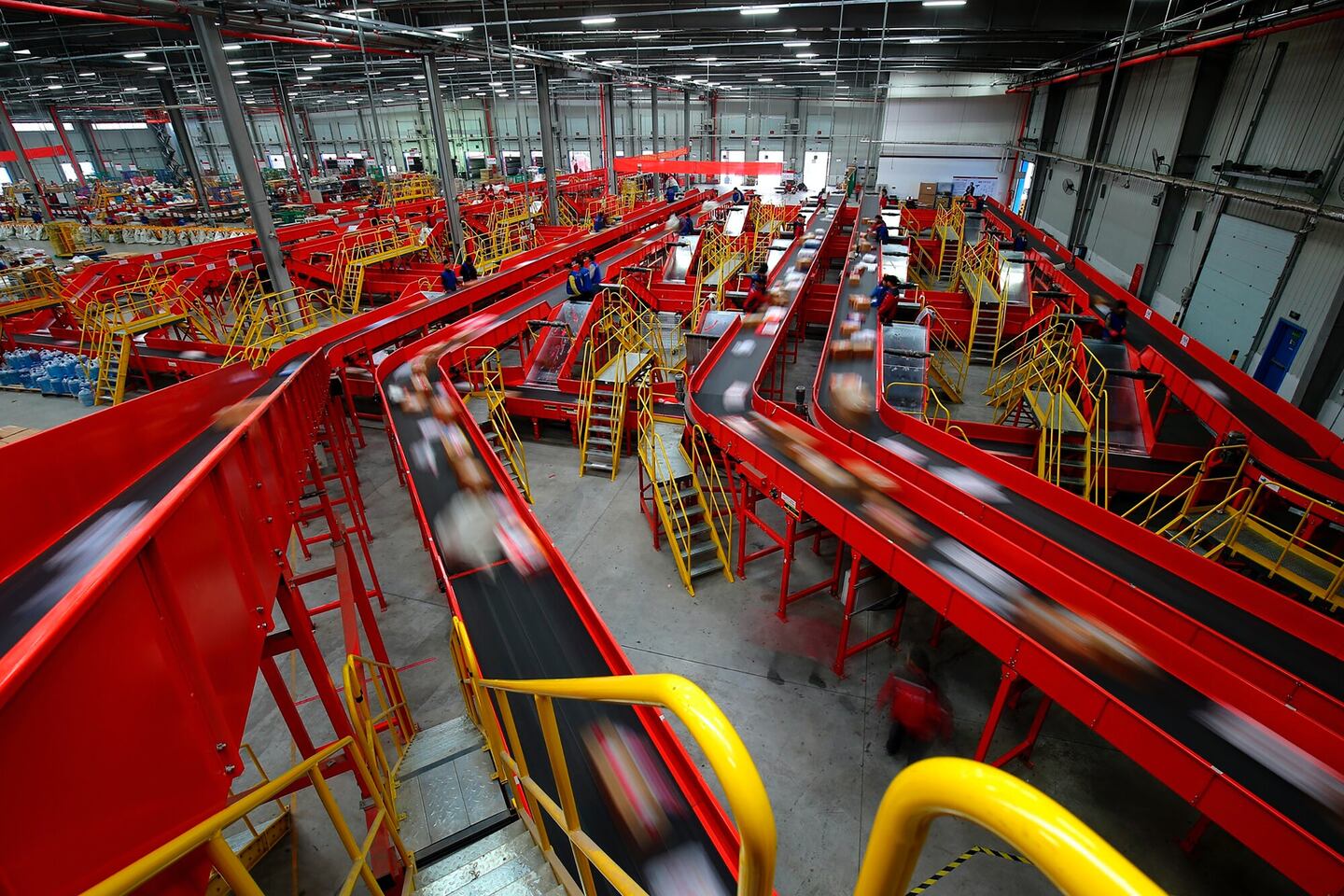
The Business of Fashion
Agenda-setting intelligence, analysis and advice for the global fashion community.

Agenda-setting intelligence, analysis and advice for the global fashion community.

MADRID, Spain — Robots will eventually replace human workers in the retail industry, the chief executive of Chinese e-commerce company JD.com predicted on Tuesday.
China's second-largest e-commerce business has built up an extensive logistics network and is investing heavily in drones, robotics and automation.
"Sooner or later, our entire industry will be operated by AI (artificial intelligence) and robots, not humans," Richard Liu said to retail executives at the annual World Retail Congress in Madrid.
JD.com has expanded heavily into luxury goods, apparel and offline retail over the past year in an effort to tap new consumers, echoing similar efforts by bigger rival Alibaba Group Holding .
ADVERTISEMENT
However, Liu said he thinks it will take another decade for technology and shoppers to be ready for fully automated stores.
"We have to make a lot of innovation every day and never stop... Reduce cost and improve customer experience. That's all," Liu said of his business philosophy.
Amazon.com opened its first checkout-free grocery store in January.
Liu also said that Western retailers were shielded somewhat from the sector's rapid pace of change by the loyalty of their customers, in contrast with China, where shoppers prefer to try something new and are more demanding in terms of delivery speed.
By Emma Thomasson; editor: David Goodman.
Designer brands including Gucci and Anya Hindmarch have been left millions of pounds out of pocket and some customers will not get refunds after the online fashion site collapsed owing more than £210m last month.
Antitrust enforcers said Tapestry’s acquisition of Capri would raise prices on handbags and accessories in the affordable luxury sector, harming consumers.
As a push to maximise sales of its popular Samba model starts to weigh on its desirability, the German sportswear giant is betting on other retro sneaker styles to tap surging demand for the 1980s ‘Terrace’ look. But fashion cycles come and go, cautions Andrea Felsted.
The rental platform saw its stock soar last week after predicting it would hit a key profitability metric this year. A new marketing push and more robust inventory are the key to unlocking elusive growth, CEO Jenn Hyman tells BoF.